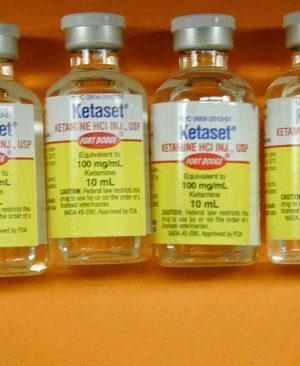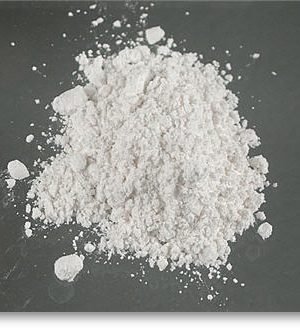Metho (Methadone HCL) powder
$600.00 $45.00
Metho (Methadone HCL) salt/powder:
Metho (Methadone HCL) treats moderate to severe pain. Also used together with medical supervision and counseling to treat narcotic drug addiction or to help control withdrawal symptoms in patients being treated for narcotic drug addiction. This medicine is a narcotic pain reliever.
You can buy Metho (Methadone HCL) powder online cheap (in low price).
product price is as: per gram
Minimum order quantity is: 5 grams
What Does It Do?
Methadone changes the way your brain and nervous system respond to pain so that you feel relief. Its effects are slower than those of other strong painkillers like morphine. It blocks the high you get from drugs like codeine, heroin, hydrocodone, morphine, and oxycodone.
Your doctor may prescribe methadone if you’re in a lot of pain from an injury, surgery, or chronic illness.
It can also help if you’re in treatment for addiction to other opioids. It can give a similar feeling and prevent withdrawal symptoms. You may hear this called replacement therapy. Methadone replaces the opioids in your system with milder effects.
CONTINUE READING BELOW
YOU MIGHT LIKE
It’s usually used as one part of your treatment plan. It isn’t a cure for addiction.
Uses and Side Effects
While there’s no set amount of time you’ll take methadone to treat addiction, experts say it should be at least a year, and maybe more than that. The doctor will carefully track your body’s response to it and adjust your treatment. When it’s time to stop taking it, he’ll help you stop slowly to prevent withdrawal.
With short-term use, you may notice:
- Restlessness
- Nausea or vomiting
- Slow breathing
- Itchy skin
- Heavy sweating
- Constipation
- Sexual problems
Some side effects are more serious. Call the doctor if you:
- Have trouble breathing or can only take shallow breaths
- Feel lightheaded or faint
- Get hives or a rash
- Have swollen lips, tongue, throat, or face
- Have chest pain or a rapid heartbeat
- Have hallucinations or feel confused
If you use the drug for a long time, it might lead to lung and breathing problems. It can also change a woman’s menstrual cycle. If you get pregnant, talk to your doctor about changing your dose. It can cause complications.
What Are the Risks?
Some people shouldn’t take methadone. Tell your doctor if you have:
- Heart disease
- A heart rhythm disorder
- An electrolyte imbalance
- Breathing problems or lung disease
- A history of head injury, brain tumor, or seizures
- Liver or kidney disease
- Problems urinating
- Gallbladder, pancreas, or thyroid problems
- A condition for which you take sedatives
Drugs that can affect methadone include:
- Other narcotics
- Drugs that make you sleepy or slow your breathing
- Drugs that change your serotonin level
You can become dependent on it. Your brain may begin to rely on the pain relief it brings.
Even though the effects are milder than other opioids, your body can still adapt to it. This means that you’ll need to take more to feel the same relief from pain or withdrawal symptoms, which can lead to abuse and addiction. Your doctor will call this tolerance.
No two people react the same to methadone. Your doctor calculates the dose that’s right for you. Changing it can lead to dangerous side effects or an overdose.
Overdose symptoms can include:
- Slow breathing
- Slow heart rate
- Severe drowsiness
- Weak muscles
- Cold, clammy skin
- Small pupils
- Fainting
In some cases, overdose can be fatal. It’s important to be honest with your doctor about your methadone use.
Reviews
There are no reviews yet.











Be the first to review “Metho (Methadone HCL) powder”